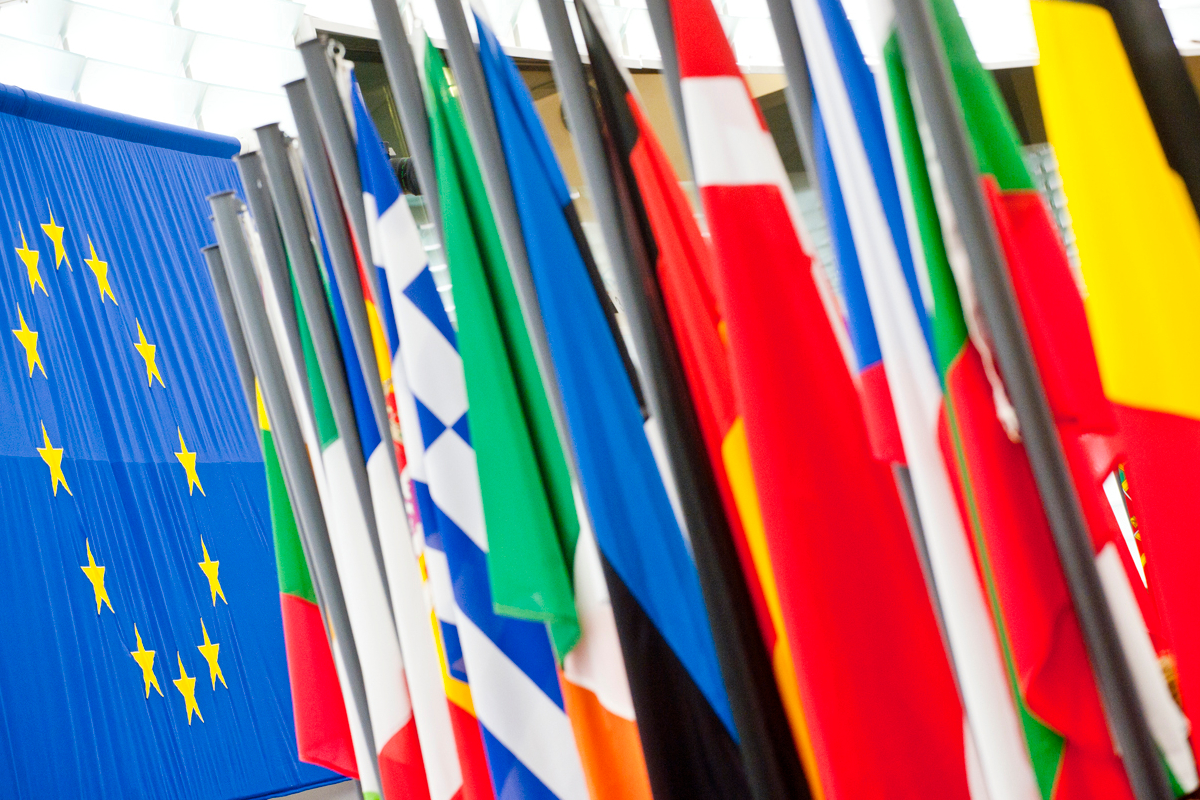EU: AI Act: Presidency compromise text on providers and users of high-risk AI systems
Topic
Country/Region
17 February 2022
On 3 February, the French Presidency of the Council circulated a compromise text of Chapter 3 of the proposed Artificial Intelligence Act, covering with the obligations of users and providers of high-risk systems.
Support our work: become a Friend of Statewatch from as little as £1/€1 per month.

NOTE origine: la présidence destinataire: délégations: Proposition de Règlement du Parlement européen et du Conseil établissant des règles harmonisées concernant l'intelligence artificielle (législation sur l'intelligence artificielle) et modifiant certains actes législatifs de l'Union - Texte de compromis de la présidence - Articles 16-29 (Council doc. 5756/22, LIMITE, 3 February 2022, pdf):
"4. La présidence française a maintenant achevé la rédaction de la troisième partie de la première proposition de compromis, portant sur les articles 16 à 29, qui figure en annexe du présent document.
5. La présidence française invite les délégations à débattre des modifications qu’il est proposé d’apporter aux articles 16 à 29 lors de la réunion du WP TELECOM du 10 février 2022.
6. Les modifications apportées par rapport à la proposition de la Commission sont signalées comme suit dans le document : les ajouts sont en gras et les suppressions sont barrées."
Further reading
- 28 January: EU: Artificial Intelligence Act: Council Presidency compromise on high-risk systems
- 26 January: EU: Artificial Intelligence Act: justice sector and high-risk systems; internal security; migration and borders; comments and presentations
- 30 November: EU: Artificial Intelligence Act must put human rights first
Our work is only possible with your support.
Become a Friend of Statewatch from as little as £1/€1 per month.
Previous article
EU: New Council structures for "confidence in the Schengen Area"
Next article
Spotted an error? If you've spotted a problem with this page, just click once to let us know.

